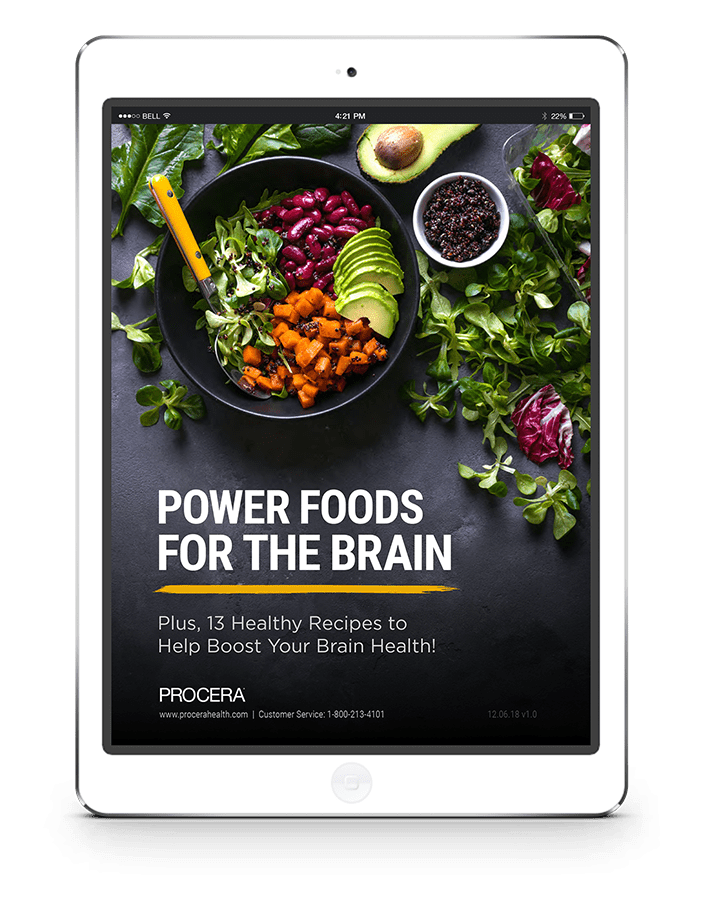
Derived from the Crocus sativus flower, saffron is renowned for its vibrant color, distinct flavor, and numerous health benefits. Widely recognized as the world's most expensive spice, saffron has a long history of culinary and health use dating back thousands of years.
Where Does Saffron Come From?
Did you know that it takes about 75,000–125,000 flowers to produce just one pound of saffron?
Growing saffron and harvesting it is expensive. A single pound can cost as much as $5,000. This shocking saffron cost makes it the world’s most expensive spice.
This exotic spice is native to Southern Europe but can be found in many countries today. The saffron crocus plant flowers for a short period, usually in the autumn. Each flower produces only three stigmas, which are the threads used to make saffron. The stigmas of the saffron crocus are delicate and must be carefully harvested by hand. This process requires precision and time, as the flowers bloom early in the morning and the stigmas must be picked before they wilt.
You may be familiar with saffron as a spice used in cooking but did you know that saffron is becoming one of the fastest growing health supplements? Saffron contains several nutrients that contribute to its health benefits:
1) Carotenoids: Saffron contains carotenoids, including crocin and crocetin, which are responsible for its vibrant color and are potent antioxidants.
2) Vitamins: Saffron contains vitamin C, which is an antioxidant that supports immune function and collagen synthesis. Saffron also contains small amounts of vitamins B1 (thiamine), B2 (riboflavin), and B6 (pyridoxine).
3) Minerals: Saffron contains several essential minerals such as potassium, magnesium, calcium, and iron.
4) Active compounds: Saffron contains active compounds such as safranal and picrocrocin, which contribute to its distinct flavor and aroma. These compounds may also possess potential health benefits, including antioxidant and mood-enhancing properties.
Boosts Cognitive Function
A 2020 clinical trial conducted by Northumbria University studied the effects of Saffron Extract supplementation on mood, well-being, and responses to psychosocial stressors in healthy adults (18-54 years) which suggested that saffron extract has positive effects on various aspects of brain health. The bioactive components in saffron have been shown to protect brain cells from oxidative stress and reduce inflammation. Moreover, Saffron extract has demonstrated the potential to enhance memory, cognition, and learning abilities by influencing certain neurotransmitters involved in these processes.
Promoting Mood Balance and Emotional Well-being
One of the most intriguing benefits of Saffron extract is its potential to promote mood balance and emotional well-being. Research indicates that saffron acts as a mood regulator by modulating neurotransmitters like serotonin, norepinephrine, and dopamine.
1) Serotonin Regulation: Saffron extract has been shown to boost serotonin in the brain. Serotonin is a neurotransmitter that plays a key role in regulating your mood, appetite, and sleep.
2) Antioxidant & Neuroprotective Properties: Saffron extract is rich in a number of beneficial compounds, including crocin, crocetin, and safranal, which have powerful antioxidant properties. Antioxidants protect the brain from oxidative stress and damage caused by free radicals...
3) Anti-inflammatory Properties: Saffron extract has anti-inflammatory properties, which may help reduce inflammation in the brain and body.
Procera’s new and improved Mood Balance formula contains a concentrated, and clinically studied dose of Saffr’ Activ®’s Saffron Extract which helps balance your mood and boost cognitive function.








.png?width=1350&name=Procera%20Logo%20W%20Tagline%20White%20(3).png)
Comments
Add Comment